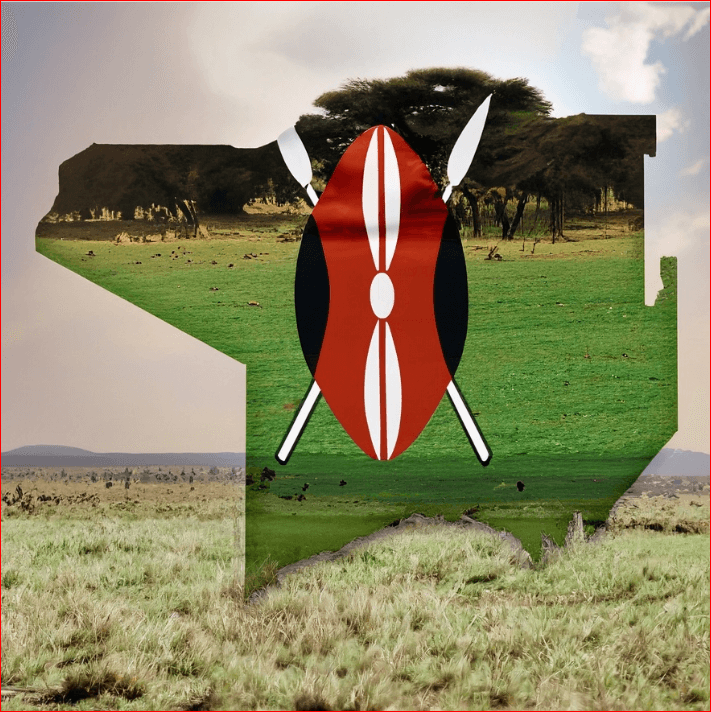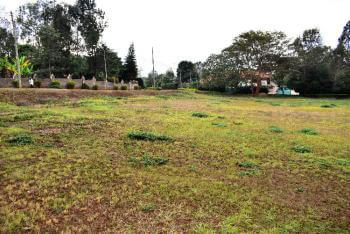What is the National Land Commission?

The National Land Commission of Kenya: Role and Functions
The National Land Commission (NLC) is an independent government agency mandated to oversee land management and administration in Kenya. Established under the Constitution of Kenya 2010, the Commission manages crucial aspects of land governance including land disputes, acquisition, allocation, registration and policy advisory.
1. Functions of the National Land Commission
The National Land Commission has the following key functions:
– Overseeing land rights registration and maintaining a public land registry. This includes holding statutory titles like leaseholds, freeholds and customary rights.
– Managing public land on behalf of national and county governments. This involves inventorying public lands, monitoring use planning, and collecting revenues.
– Advising the national government on land policy formulation and implementation. The Commission gives recommendations on the National Land Policy and land reform initiatives.
– initiating investigations into present or historical land injustices and recommending redress mechanisms. The NLC investigates land grabbing cases, illegal allocations, and proposes conflict resolution and compensation.
– Monitoring and auditing the registration of all rights and interests in land. This ensures compliance to laid down laws and procedures by relevant agencies.
– Protecting constitutional land rights of Kenyans including compulsory acquisition processes and payments.
– Determining collection of land rents and royalties and issuing permits/licenses for use of public land.
– Providing mechanisms for dispute resolution over land and land-based resources.
– Overseeing and monitoring mineral prospecting and mining activities to enforce compliance with designated rights.
– Developing an integrated national land information management system.
2. Appointment of National Land Commission Members
The National Land Commission comprises a chairperson and 8 members who serve for a 6-year term. The Commissioners are competitively recruited through a public vetting process.
Candidates must meet specific requirements including holding a degree from a recognized university, 10 years professional experience, sound knowledge of land governance, and meet moral and ethical standards.
The recruitment is conducted by the selection panel which includes representatives from the Office of the President, Ministry of Lands, Public Service Commission, the Parliamentary Committee on Land, and the Law Society of Kenya.
Successful candidates are formally appointed by the President with approval from the National Assembly. At least 3 members must be of the opposite gender to ensure inclusivity. The commissioners can serve for one further 6-year term before mandatory retirement.
3. Dispute Resolution Mechanisms
The National Land Commission employs the following mechanisms to resolve complex land conflicts and disputes in Kenya:
– Mediation – The Commission uses trained mediators to facilitate mutual agreement between conflicting parties on contested land rights and boundaries. This is a non-adversarial process.
– Arbitration – Rival parties consent to have the Commission or appointed arbitrator hear arguments and impartially determine a binding settlement. This aims for win-win resolution.
– Adjudication – For historical land injustices, thorough investigations are done gathering evidence on claims and boundary details. The Commission then makes a judicial determination and awards compensation or resettlement where applicable.
– Restitution – The NLC facilitates the return of public land erroneously allocated to private entities. This may involve revocation of illegal title deeds, recovery of the land, and restoration to lawful owners.
– Referral – Unresolved or complex disputes can be referred by the Commission to the Environment and Land Court for final settlement as per the judicial process.
Through the suitable mechanism, the NLC aims to conclusively and fairly settle conflicts over boundaries, ownership, usage, acquisition, and legal status of any land parcel in Kenya.
4. Role in Land Acquisition
Under Kenya’s Land Act 2012, the National Land Commission must oversee any compulsory land acquisition for public purposes including:
– Facilitating transfer upon prompt and fair compensation to the land owner by the acquiring entity.
– Overseeing stakeholder engagement, environmental impact assessments, and ratification of the intended land use before acquisition.
– Validating that the public purpose warrants compulsory taking of private land rights. This curbs excessive powers of authorities to take land.
– Confirming the acquiring entity has sufficient funds allocated for compensation and resettlement prior to acquisition.
– Protecting constitutional requirements like prior public participation and notification before the land acquisition.
– Ensuring the compensation amount reflects current market valuations and covers all losses incurred by the owner and lawful land users.
– Managing disputes that arise during compensation determination.
– Enforcing action against unlawful occupation of private land under the guise of public interest.
The NLC thus balances public purposes for land with protecting private property rights as entrenched in the Constitution. Its oversight aims to minimize violations during compulsory land acquisitions by government agencies or private entities.
In summary, the National Land Commission serves a crucial function in spearheading land reforms, securing land rights, resolving historic injustices, managing conflicts, enabling equitable access, upholding the law, and ensuring sustainable land use in Kenya. By upholding ethics, transparency, and fairness, the Commission strives to restore trust in land governance across the country through its oversight mandate.



